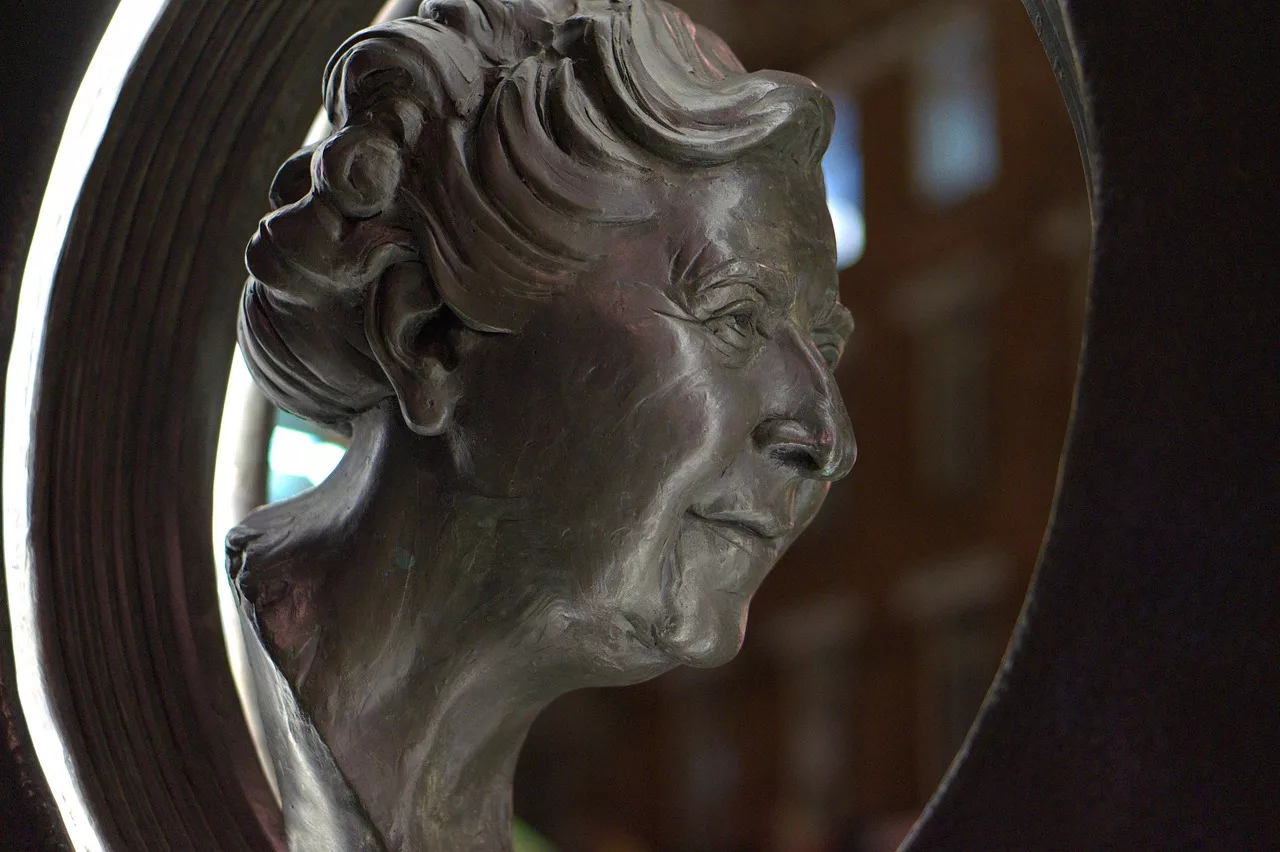One of the most depressingly predictable phenomena to have emerged from the labyrinthine landscape of modern sociopolitical discourse is the audacious enterprise of literary necromancy—the daring and remarkably futile attempt to silence the voices of authors long since passed from this mortal coil. It appears that death, once the great equalizer, no longer guarantees one’s final peace; the dead can be called upon to account for their ideas, and when found wanting by the standards of the living, be subjected to censorship.
The notion that we, with our ephemeral and contextually shaped perceptions, should have the audacity to not just judge, but effectively muzzle the dead is not only presumptuous, it is farcical. It is as if we are collectively participating in a pitiful pantomime, wherein we resurrect literary phantoms only to force upon them the gag of our selective morality, thereby reducing their myriad complexities to an absurdly simplified caricature.
The dead cannot defend themselves. They cannot provide context or clarification for their thoughts, nor can they amend or retract anything that modern sensibilities might find unpalatable. There is a degree of intellectual cowardice in attacking those who are incapable of response. It reeks of sanctimonious bullying, an eager pouncing upon the defenseless with a self-righteous glee, a vicarious thrill of vindication that is as short-lived as it is shallow.
The act of posthumous censorship not only deprives the dead of their voice, but it also robs us, the living, of the opportunity for nuanced understanding, for confronting uncomfortable ideas, and for the deep, personal growth that can only come from such encounters. It denies us the chance to learn from the past, to acknowledge our human capacity for both brilliance and folly, and to accept the complexities and contradictions inherent in the human condition.
To silence the dead is to deny their humanity, to rewrite their narratives to suit our comfort, and to indulge in the very intellectual arrogance we accuse them of. The dead are not ours to puppeteer. They are not mere characters in our moral pageants, to be recast and redressed as our sensibilities see fit. They are, or rather were, individuals with their own beliefs, biases, and blind spots—products of their time, as we are of ours.
This act of literary necromancy, this resurrection of the dead only to muzzle them, is not just an act of censorship. It is an act of erasure, a denial of the complexities of human thought and experience. It is an act of intellectual vanity, a preposterous pretense that we, the living, are the ultimate arbiters of moral and intellectual worth. It is an act of hubris, a pitiful attempt to sanitize the past to make it palatable to the present.
One must confront the past with honesty and courage, warts and all. It is only by doing so that we can truly learn, grow, and hopefully avoid repeating the same mistakes. To do otherwise, to engage in this grotesque spectacle of literary necromancy, is to cheat ourselves of the richness of human experience and to condemn ourselves to a future where the only voices we hear are echoes of our own.
Let the dead speak. Let their words, however uncomfortable, stand as a testament to their time, to their struggles, and to their humanity. And let us, the living, have the courage to listen, to learn, and to strive for a future that is informed by the past, but not chained to it.
